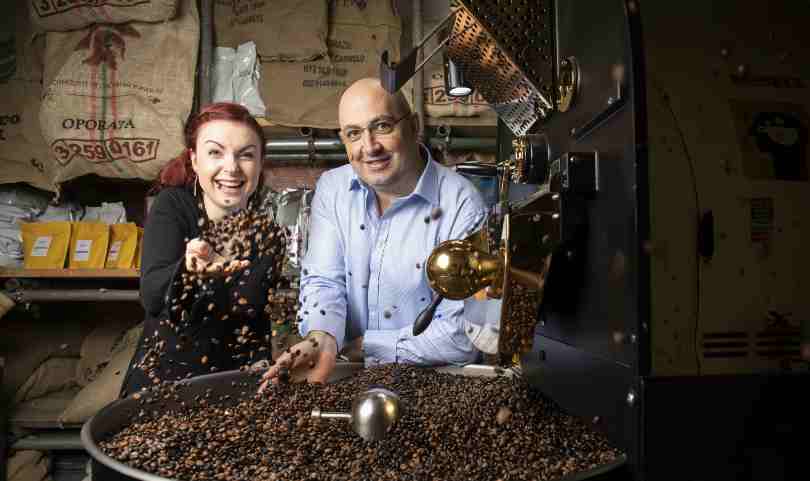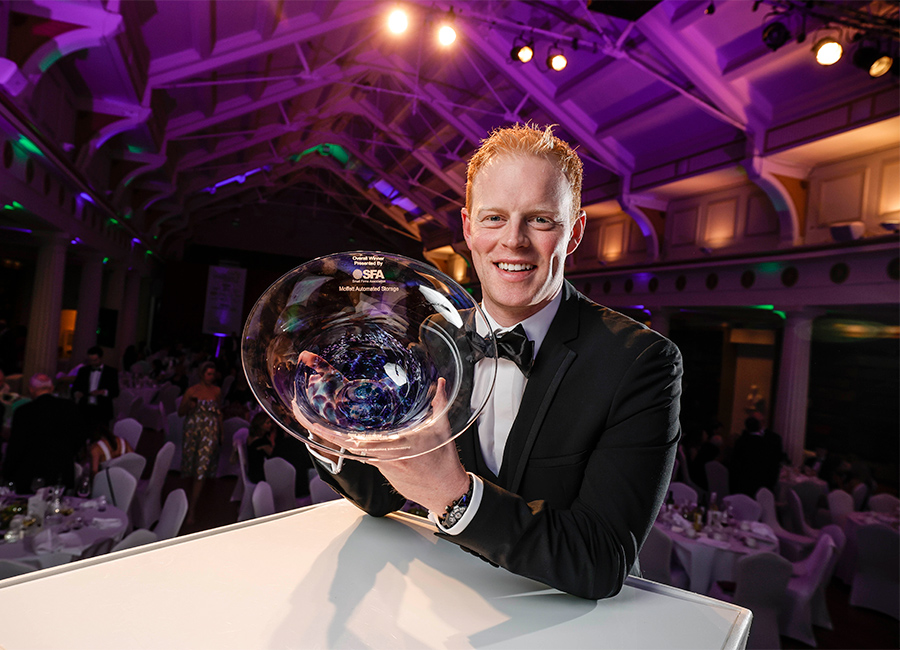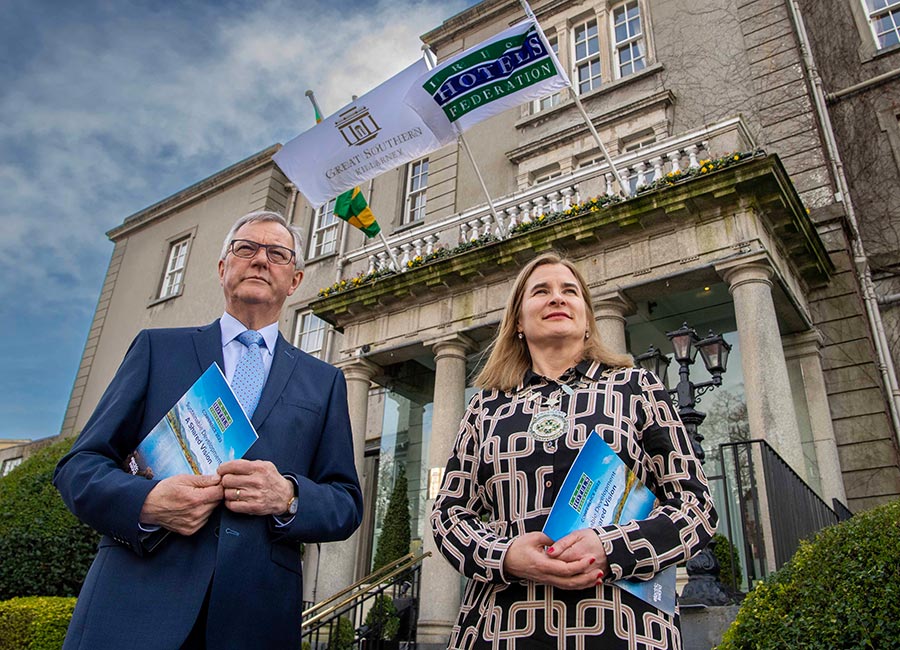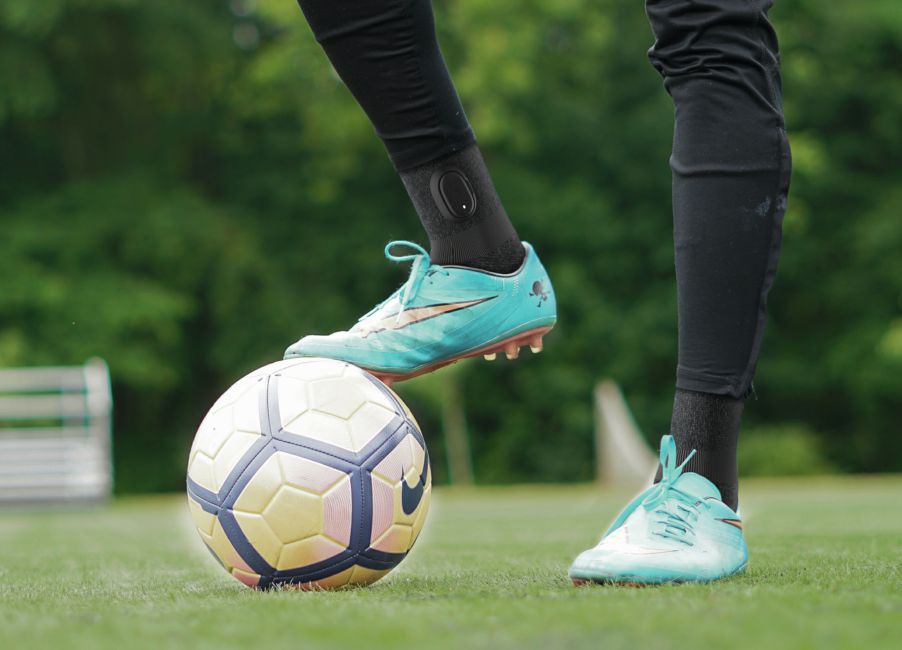German supermarket chain Aldi has taken a leaf out of SuperValu’s book to forge closer ties with artisan Irish food producers, writes Karina Corbett
SuperValu has led the way in giving a helping hand to large and small Irish food and drink producers. The supermarket chain, whose stores are owned by local entrepreneurs, works with over 1,800 Irish suppliers, and supports more Irish food producers than any other grocery retailer.
Aldi has taken note. Last year the German retailer and Bord Bia organised a ‘Grow with Aldi’ supplier development programme, and it’s back again this year. In 2018, 230 suppliers applied to take part and 38 were selected for a ‘Specialbuys’ event across 137 Aldi stores. Five producers were then selected for full-time product listing in the Aldi network in Ireland.
For Ballyhoura Apple Farm, the experience has been a very positive step, according to director Donogh Raftery. Originating in Churchtown in Co. Cork in 2006, the orchard project was initiated by former building society executive Gerry Murphy.
“Initially the orchard was maintained largely as a hobby project by Maurice Gilbert with support from the Murphy family, producing pure apple juice and apple products for sale at local farmers’ markets,” explains Raftery.
For space and planning reasons, the venture relocated to Kilfinane in Co Limerick, and obtained investment of €700,000 in 2016 using the Employment and Investment Incentive Scheme.
“This enabled us to increase staff numbers as well as improve and upscale our production facilities for our cider vinegar,” says Raftery. “With increased output, we were in a position to supply the multiples.”
Accounts for the Ballyhoura operating company show stocks in December 2017 worth €152,000, double the level a year earlier. Ballyhoura participated in SuperValu’s Food Academy in 2017, so it was aware that multiple buyers want to see a certain amount of scale before they commit to taking on an artisan producer.
When a supply deal was agreed with Aldi last autumn, Ballyhoura was in a position to meet increased production demands. “We have plenty of scope to upscale production even further if required,” says Raftery. “We also have a good team in place to cope with administration and warehouse operations.”
Cork Roaster
Also growing with Aldi is Velo Coffee on George’s Quay in Cork, which started in 2015 as a bicycle-themed Velo Café and then pivoted into coffee roasting. “We roast in 12kg batches of specialty green coffee and pack by hand,” says founder Ron Horgan. “Last year we attended the Aldi ‘Immersion Day’ in Laois, where we did a five-minute pitch to an Aldi buyer. While we were anxious going up in the car, the set-up was very relaxed.”
The increased business from the Aldi contract has led to Velo Coffee taking on warehouse space in the Northside For Business campus on the edge of Cork City. “We’ve gone straight from kilogram to pallet order since our Aldi launch,” says Horgan. “The volume was daunting initially, but when you break it down it’s very achievable.
“Before the Aldi contract we couldn’t guarantee full-time work as orders were erratic. We now have four full-time staff in the roaster. On the coffee bean side, we can forward contract coffee for the next 12 months. This provides us with the assurance we need to maintain a consistent quality product.”
It also helps that Aldi pays Irish suppliers who transact under €300,000 annually within 14 days.
“Aldi know the challenges small producers face as they deal with loads of us,” Horgan adds. “Once you communicate a problem, they’ve probably seen it before and can guide you towards a solution. Shoppers are not only focused on price, but also quality. However, you must be able to supply retailers with the volume of product they require.”
Photo: Velo Coffee founder Ron Horgan with general manager Jennifer Ramsbottom












